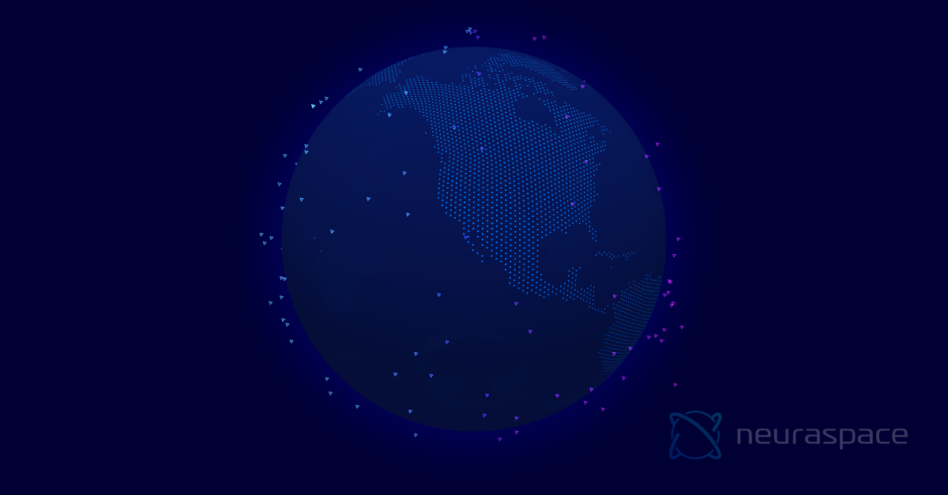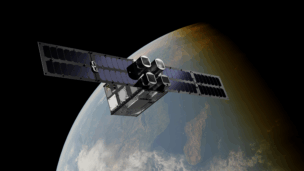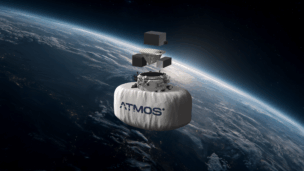Growing clutter around Earth has the potential to make satellite operations unsafe—but these two European companies think their tech can maintain order in orbit.
Portugal-based Neuraspace, a start-up developing an AI-driven space traffic management system, has partnered with Belgium-based Arcsec, a maker of innovative star trackers that can detect pieces of space debris as small as 3 cm.
Some background: Historically, monitoring traffic in space has been a mission for the US government’s Space Surveillance Network. This system of radars keeps tabs not only on the movement of operational satellites but also more importantly on that of space junk—defunct spacecraft, old rocket stages, and fragments spawned in earlier orbital collisions and explosions.
Although commercial players, such as the US-based LeoLabs have moved into the field in recent years, the current state-of-the-art technology can only reliably track objects larger than 10 cm. However, the vast majority of orbital fragments hurtling through space is much smaller.
- There are an estimated 1M fragments smaller than 10 cm, compared to 36,500 larger than 10 cm.
- A strike by a few-cm-wide fragment can still destroy or seriously damage a spacecraft.
The details: Arcsec’s technology promises to plug this gap with devices that are already used on all kinds of satellites—star trackers. Satellites rely on star trackers to maintain their position and orientation with respect to stars in their field of view. These devices also spot other satellites and space debris fragments.
In the past, this information was discarded, but under this new partnership, data collected by Arcsec’s star trackers will feed into Neuraspace’s AI-driven STM software to calculate the orbits and sizes of tiny debris. Arcsec can also remotely upload the debris-monitoring functionality to satellites fitted with Arcsec-made star trackers that are already in orbit.
“This strategic partnership with Arcsec marks a giant step towards space sustainability,” Chiara Manfletti, director and chief operations officer of Neuraspace, said in a statement. “Using Arcsec’s cutting-edge star tracker technology to access in-space data will revolutionize space traffic management and safeguard space assets more effectively. Together, we are advancing the frontiers of space-based debris detection.”



